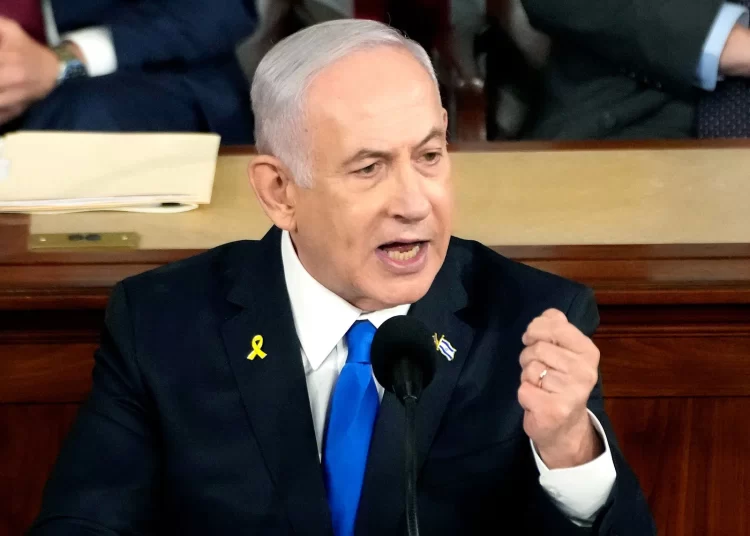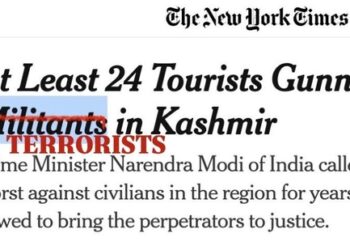Israeli Prime Minister Benjamin Netanyahu announced on Thursday that a “last-minute crisis” with Hamas is holding up Israel’s approval of a long-awaited ceasefire agreement. The deal, aimed at pausing the war in Gaza and securing the release of hostages, faces obstacles as Netanyahu’s office accuses Hamas of reneging on prior commitments.
Netanyahu’s office stated that his Cabinet would not meet to finalize the truce until Hamas retracts its recent changes to the agreement. Israel claims the militant group is attempting to secure additional concessions.
In contrast, senior Hamas official Izzat al-Rashq affirmed the group’s commitment to the ceasefire brokered by mediators, including Qatar and the United States. Key mediator Qatar announced that the truce is set to begin on Sunday, January 19, with 33 Israeli hostages expected to be released in the initial phase.
The truce agreement includes provisions for Israeli forces to withdraw from several areas in Gaza, allowing displaced Palestinians to return to their homes. It also promises increased humanitarian aid to the region, which has been ravaged by 15 months of war. However, skepticism remains as Israeli and Hamas representatives exchange accusations of bad faith.
Earlier, Netanyahu’s office claimed Hamas backtracked on a clause allowing Israel to veto the release of certain prisoners. Senior Hamas leader Sami Abu Zuhri dismissed these allegations, calling them baseless.
The ongoing conflict, which began with Hamas’s unprecedented attack on Israel in October 2023, has claimed thousands of lives. Gaza’s health ministry reports over 46,000 fatalities, while Israel states its military operations have killed more than 17,000 Hamas fighters.
Mediators from Egypt, Qatar, and the US, including representatives of both outgoing and incoming US administrations, continue efforts to resolve the stalemate. Talks are scheduled in Cairo this week to ensure the ceasefire agreement’s implementation.
The delay underscores the fragility of negotiations in a region where hostilities and mistrust remain entrenched. As mediators push for resolution, the humanitarian toll in Gaza grows, with hundreds still held hostage and thousands displaced.








 India
India












